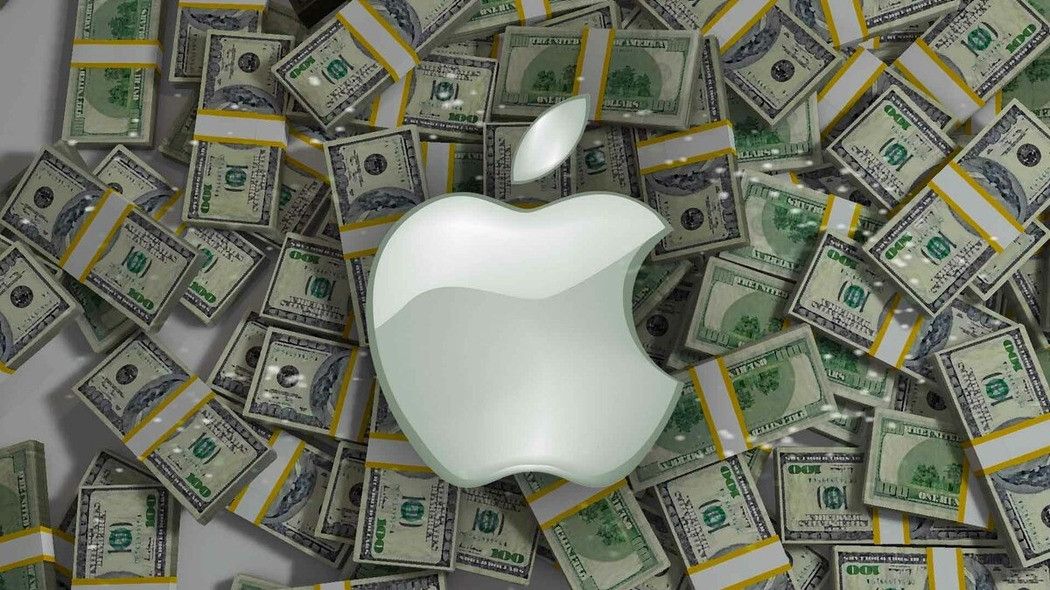Remarkably
big funds and the Wall Street crowd are ready to invest even more money in the
iPhone-maker, without missing a beat after its management's comments on some
rather controversial points in Apple's fresh quarter report.
Many
analysts attempted to revise their estimates of Apple to the downside,
forecasting weaker revenue growth and some damage even to such a famous
company's profits due to the growing inflation and the lack of consumer
spending power all over the world. The company itself also warned that there
may a chance of a slowdown in the near future because of a possible shortage of
components amid COVID lockdowns at China's factories.
These
factors did manage to impact Q2 numbers, as Apple reported a $1.2 equity per
share (EPS) on $82.96 billion revenue, which happened to be
"better-than-expected" only because of low consensus expectations at
$1.16 of EPS on $82.8 billion revenue, which seemed to be in bold contrast to
$1.52 and $2.1 of EPS on revenues of $97.3 billion and $123.95 billion,
respectively, in the two previous quarters.

iPhone
sales, which are responsible for more than 50% of the total income, grew to
$40.665 billion vs $39.57 billion last year, and that probably means that less
units were sold. Apple had to run an unusual retail promotion in China where it
offered a discount on the iPhones and some accessories. It was accomplished for
the first time ever, making at least some investors think that keeping demand
high in Asia may be a problem. Sales in the China market fell about 1%.
TeleTrade analyst considers
that
the
shortage of parts cost Apple nearly $4 billion, which is less than the company
feared. By comparing sales to a year ago, it could be assumed that sales could grow
faster in Q3 2022 than nearly 2% growth in Q2.
Apple
contributed to the U.S. S&P 500 broad market index rise above 4,120 points
and even to the European stock indexes moderate surplus, so that stocks had a
positive finish last week, extending this month's technical rebound. Yet, as
the world's economy is slowing down, this may hurt at least some sales of
Apple's advertising products and accessories, as this segment already missed
Wall Street targets in Q2, not to mention hundreds of smaller companies that
have to report soon. Apple’s management commented that currency fluctuations,
because of a stronger U.S. Dollar, may slash sales by 6% in Q3. So, perhaps,
Morgan Stanley’s warnings to not be in a hurry to change investment strategies
in the direction of expanding their portfolios could be justified, especially
following the recovery trends of July.
Disclaimer:
Analysis
and opinions provided herein are intended solely for informational and
educational purposes and don't represent a recommendation or investment advice
by TeleTrade.















Can you please write about the “new”, inoperable, comedy of errors/horrors that is Windows 11? Thank you. Microsoft already got its money, then it feels entitled to ruin its customers´ life/work. OBVIOUSLY, NOT A FAN, I´M NOT MASOQUIST.
By guida from Lisbon on 03 Aug 2022, 04:42